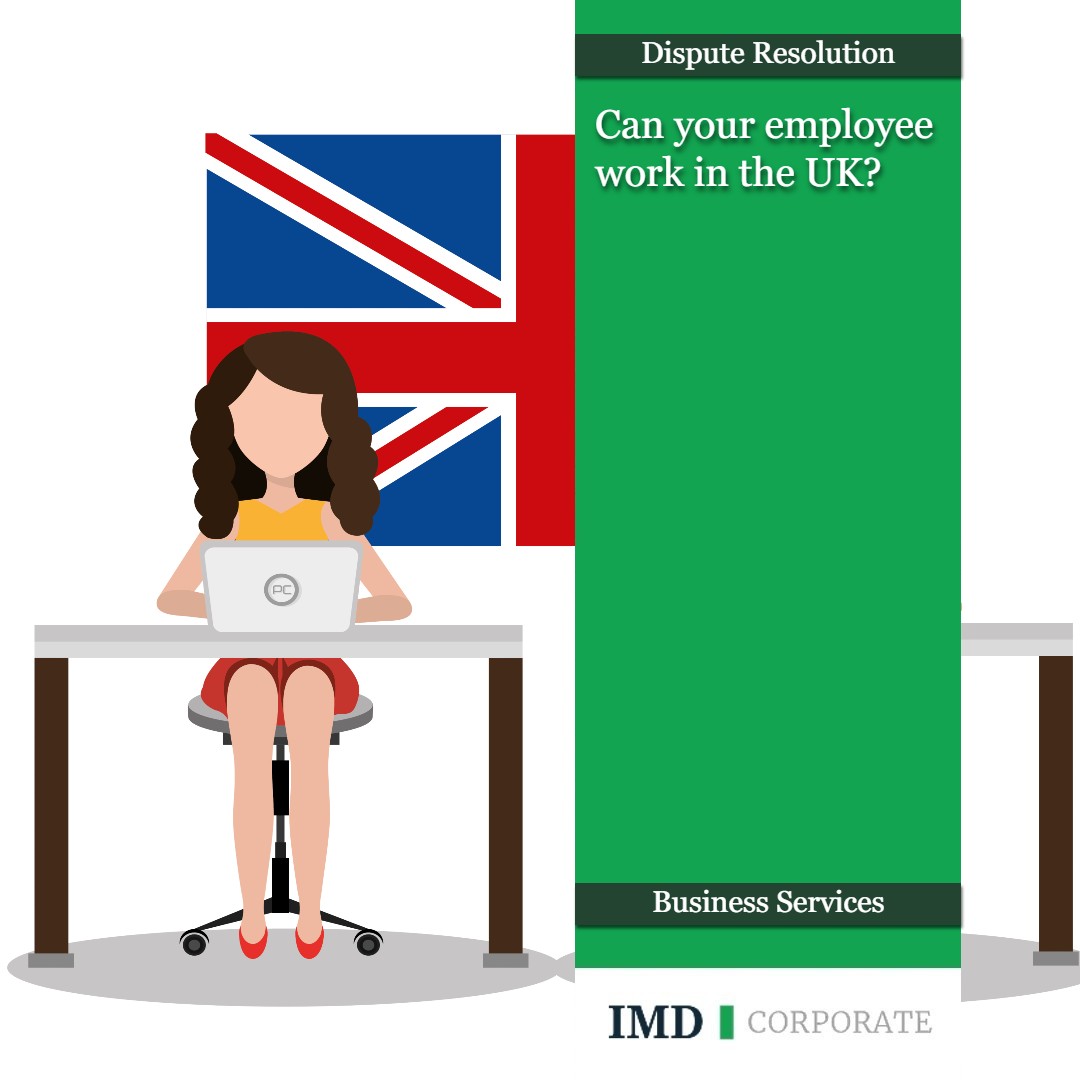
In the United Kingdom, the Right to Work is a crucial aspect of employment law, ensuring that individuals have the legal authorisation to work in this country. This regulation is not only fundamental for employees seeking opportunities but also imperative for employers to comply with legal requirements. Otherwise, the employers may commit a criminal offence of employing an illegal worker and face a civil liability and penalty which will increase in February 2024.
All employers in the UK have a responsibility to prevent illegal working. They are obligated to conduct right to work checks for all employees, regardless of their nationality to make sure the individual is not disqualified from carrying out the work in question by reason of their immigration status.
These checks should be done before employment begins and involve examining original documents that establish an individual’s right to work in the country. There are different classes of acceptable documents, with passport, national identity card or a residence permit among others.
The Immigration, Asylum and Nationality Act 2006 introduced a system of civil penalties and criminal offences for employing an illegal worker in the UK. As of today’s date, an employer (i.e. its officer) can be imprisoned for up to 5 years and pay an unlimited fine if they are found guilty of employing someone who they knew or had ‘reasonable cause to believe’ did not have the right to work in the UK.
Furthermore, an employer can face a civil liability and be penalised for hiring an individual who does not have the right to work in the UK. The civil penalty is up to £20,000 for each illegal worker, but this amount will increase to £60,000 from 13th February 2024.
The employer can either perform manual checks, by checking the employee’s documents or use on-line system if an employee provides a share code.
During the right to work check, employers must ensure that the presented documents are genuine, belong to the individual, and grant them the right to work in the specific role. Employers must keep a record of these checks, and any discrepancies or concerns should be reported to the Home Office.
We encourage you to familiarise yourself with a guidance published by the Home Office by clicking here.
The employer can avoid a civil penalty if it makes all the necessary checks, and records and keeps the required documentation in a proper manner. The checks must be done before the commencement of employment, and the results of such checks must be retained for 2 years after the end of the employment. There are also certain mitigation factors, which can decrease the penalty or even allow the employer to avoid a civil penalty at all.
In any event, the employer can object to a civil penalty within 28 days from the date on which the notice it received. The limitation is strict and therefore should not be missed.
If you employ people and have not checked whether they have a right to work in the UK, better do it quickly. Failing to do so put you in risk of committing a criminal offence and can give a ground to impose a fine upon you. If you are unsure as to how conduct the checks to comply with law, we stand ready to help you.
This article is for general information only and does not constitute legal or professional advice. Please note that the law may have changed since this article was published.
Call us now to discuss your case 0330 107 0106 or email us at business@imd.co.uk.